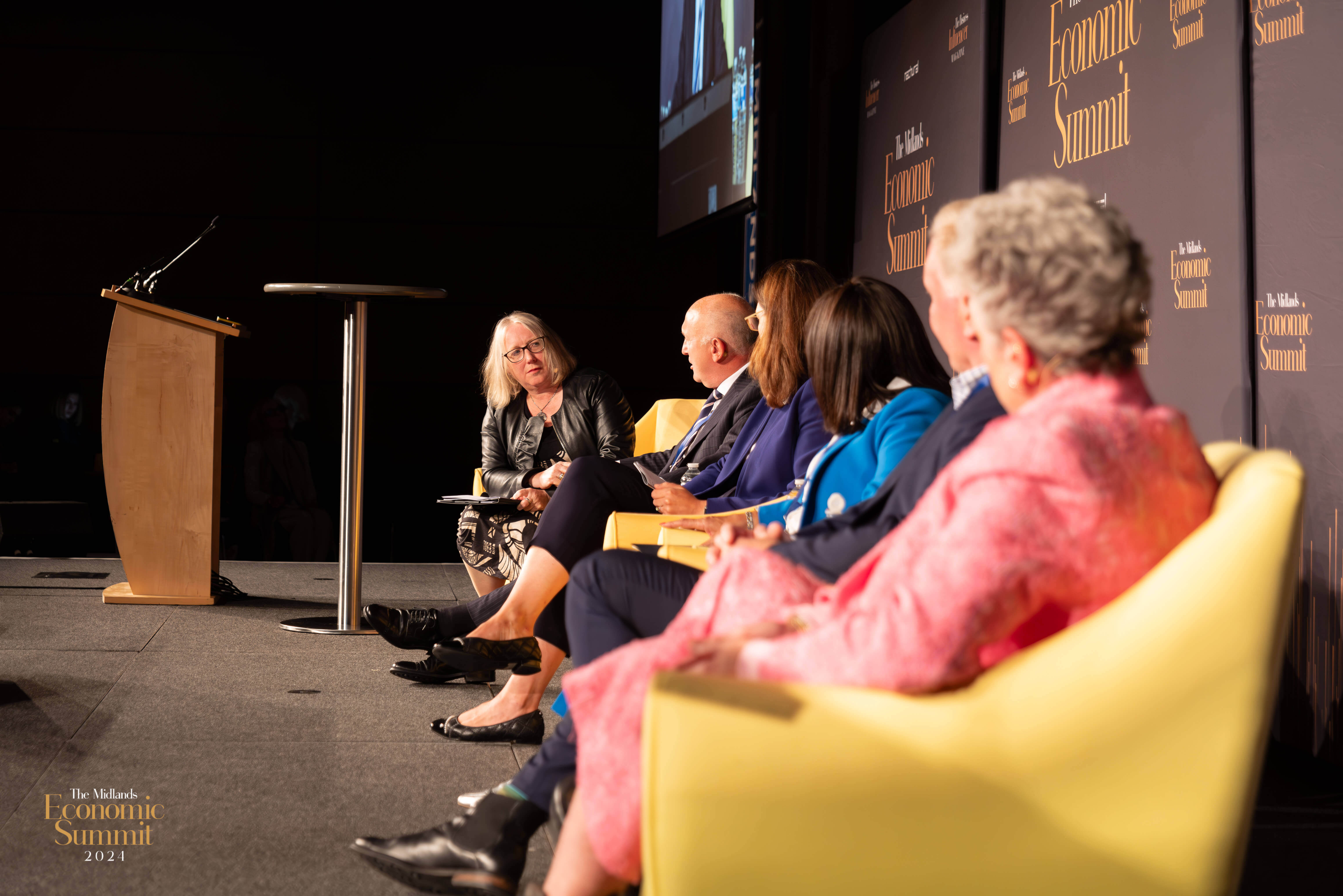As we enter a third national lockdown, the pandemic continues to pose a significant threat to our cultural economy, but businesses cannot be complacent when it comes to Diversity and Inclusion.
The long-awaited CBI and Pertemps Employment Trends Survey comes at a unique time as uncertainties persist as a result of the ongoing pandemic. Organisations continue to place employee engagement at the top of their agendas with over a third of organisations having increased their D&I efforts in the past year, while 62% have maintained their focus.
We have witnessed the substantial impact the pandemic has had on our global economy, with young people, women and the black and ethnic minority community being some of the hardest hit so it is pleasing to see that employers are bolstering their efforts to understand the issues ethnically diverse employees face in order to take meaningful action.
Events in recent months have transformed the way organisations approach diversity and inclusion within their workplace, policies and company culture. Candidates want fairer, more diverse and inclusive workplaces. The pandemic has provided an opportunity for businesses to rethink how they can support social mobility within society.
But with a large part of the workforce working from home, employees are facing increased workloads and more home responsibilities. It’s more important now than ever that employers provide the right support, through an engaged and agile approach to successfully navigate the challenges we collectively face.
Data plays a crucial role within a diversity and inclusion strategy. It’s imperative for businesses to collect D&I data as part of their wider drive to create a more inclusive future. By utilising data, it helps businesses to create meaningful and realistic goals/targets to ensure they are continuing and maintaining a successful D&I approach.
Research continues to show that investing in diverse and inclusive cultures result in more effective employees and teams.
Businesses have a crucial role to play in removing biases and racism from the workplace, with many already taking action. Our workforce is evolving, and businesses are responding by providing diversity initiatives to educate and encourage collaboration across different demographics.
Business leaders need to invest time, money and training in cultivating diversity champions to support cultural change within their organisation to ensure everyone feels respected and are treated fairly within the workplace.
It’s tough out there, companies will have other priorities, but we mustn’t lose focus on diversity and inclusion.


